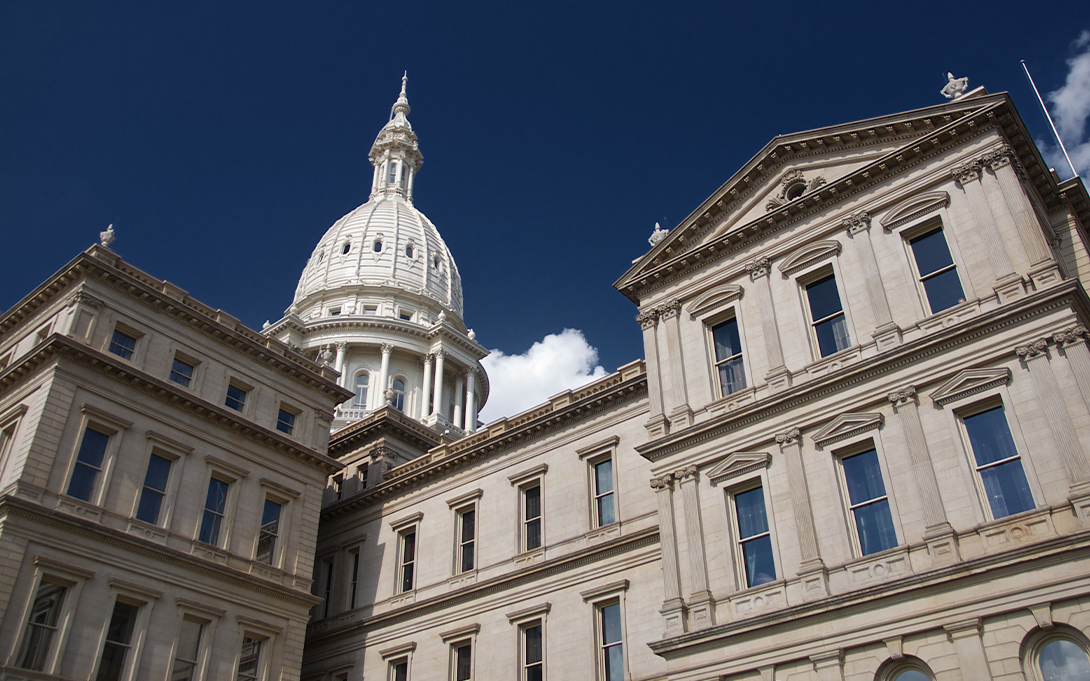
To contain the spread of COVID-19, state and local governments are looking to their neighbors, often replicating and applying their policies to their own jurisdiction. It started with all 50 states calling for a state of emergency within days of each other in mid-March. After that, “we see a patchwork of state and local government responses” as they compete for life-saving equipment and supplies. In a co-authored Washington Post article, “Coronavirus policies spread quickly across the U.S. Are cities and states learning — or just copying?”, Ford School professor Charles Shipan lays out three ways states can move beyond imitation policy and competition, and into constructive, tailored policy that best suits its jurisdiction.
First, Shipan suggests relying on national coordination bodies like the National Conference of State Legislatures or the National Association of County and City Health Officials to reduce competition and encourage cooperation. When states “pool their resources or coordinate their responses, they are more likely to learn about best policy options.”
Second, Shipan calls on the federal system to develop more well-rounded policies from which states can adapt. “If Washington were providing clear, consistent and coherent signals, subnational officials could experiment and learn more quickly.”
Third, states that have expertise and capacity can learn from other states and their own missteps and adapt faster. “States with expertise can marshal this knowledge; other states can assemble and rely upon experts to study the effects of earlier policy experiments.”
Shipan reasserts that there are still opportunities for state and local governments to learn from each other and to improve on their policy response.
Read the full article here.
Charles R. Shipan is the J. Ira and Nicki Harris Professor of Social Sciences. Prior to joining the faculty at Michigan, Shipan served on the faculty at the University of Iowa, and he has also held visiting positions at the Brookings Institution, Trinity College (Dublin), the United States Studies Centre at the University of Sydney, the London School of Economics, and Australian National University. He is the author of Designing Judicial Review, co-author of Deliberate Discretion?, and has written numerous articles and book chapters on political institutions and public policy.